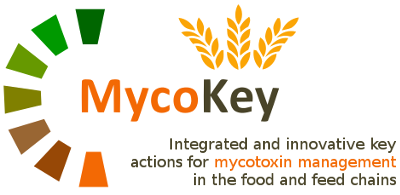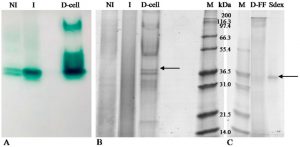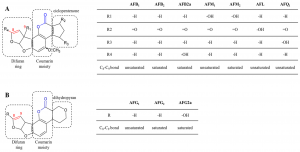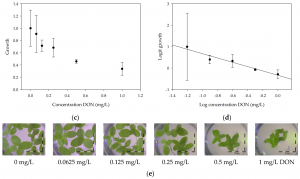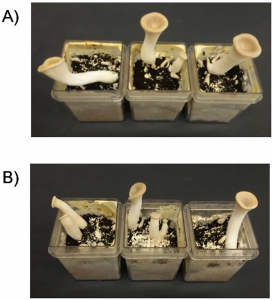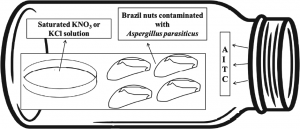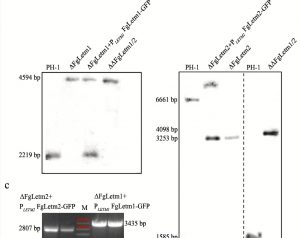Project presentations
Communication and dissemination play a central role in the delivery of the MycoKey smart solutions for food safety and acts as a vehicle for introducing innovation and supporting Europe’s long-term policies for sustainable growth and competitiveness in food sector. MycoKey dissemination actions will demonstrate also to non -specialised audiences the project’s added value in food safety and job creation as well as seek views from the public on the future of the European Union intrinsically support Horizon 2020’s core added values.
MycoKey Consortium members are very active in promoting projects’activities and sharing results with international scientific community, to spread knowledge around the world and create opportunities for cooperation.
In this page you can find the relevant presentations at events, workshops, participation at conferences, including interviews
An aldo-keto reductase is responsible for Fusarium toxin-degrading activity in a soil Sphingomonas strain
- google+
Degradation of toxins by microorganisms is a promising approach for detoxification of agricultural products. Here, a bacterial strain, Sphingomonas S3-4, that has the ability to degrade the mycotoxin deoxynivalenol (DON) was isolated from wheat fields. Incubation of Fusarium-infected wheat grains with S3-4 completely eliminated DON. In S3-4 DON is catabolized into compounds with no detectable phytotoxicity, 3-oxo-DON and 3-epi-DON, via two sequential reactions. Comparative analysis of genome sequences from two DON-degrading strains, S3-4 and Devosia D17, and one non-DON-degrading strain, Sphingobium S26, combined with functional screening of a S3-4 genomic BAC library led to the discovery that a novel aldo/keto reductase superfamily member, AKR18A1, is responsible for oxidation of DON into 3-oxo-DON. DON-degrading activity is completely abolished in a mutant S3-4 strain where the AKR18A1 gene is disrupted. Recombinant AKR18A1 protein expressed in Escherichia coli catalyzed the reversible oxidation/reduction of DON at a wide range of pH values (7.5 to 11) and temperatures (10 to 50 °C). The S3-4 strain and recombinant AKR18A1 also catabolized zearalenone and the aldehydes glyoxal and methyglyoxal. The S3-4 strain and the AKR18A1 gene are promising agents for the control of Fusarium pathogens and detoxification of mycotoxins in plants and in food/feed products.
Authors: He W.-J., Zhang L., Yi S.Y., Tang X.L., Yuan Q.-S., Guo M.-W., Gong A.-D., Wu A.B., Qu B., Li H.-P., Liao Y.-C.
Keywords: Fusarium; S3-4; AKR18A1; DON; Detoxification
Published: 2/08/2017
Repository: https://www.ncbi.nlm.nih.gov/pmc/articles/PMC5573404/
This research was supported by the Ministry of Science and Technology of China MOST (2016YFE0112900)
CC-BY license http://creativecommons.org/



